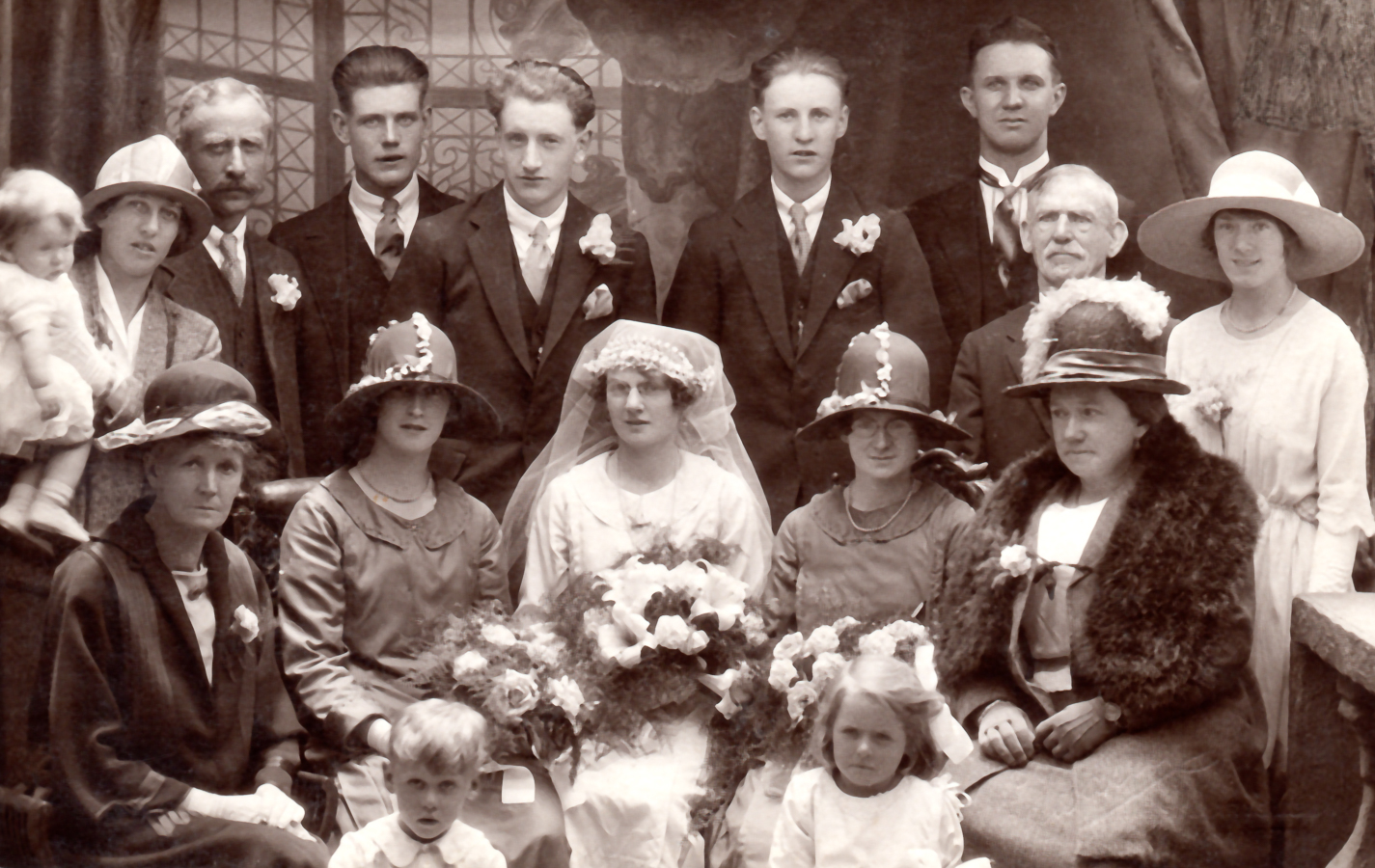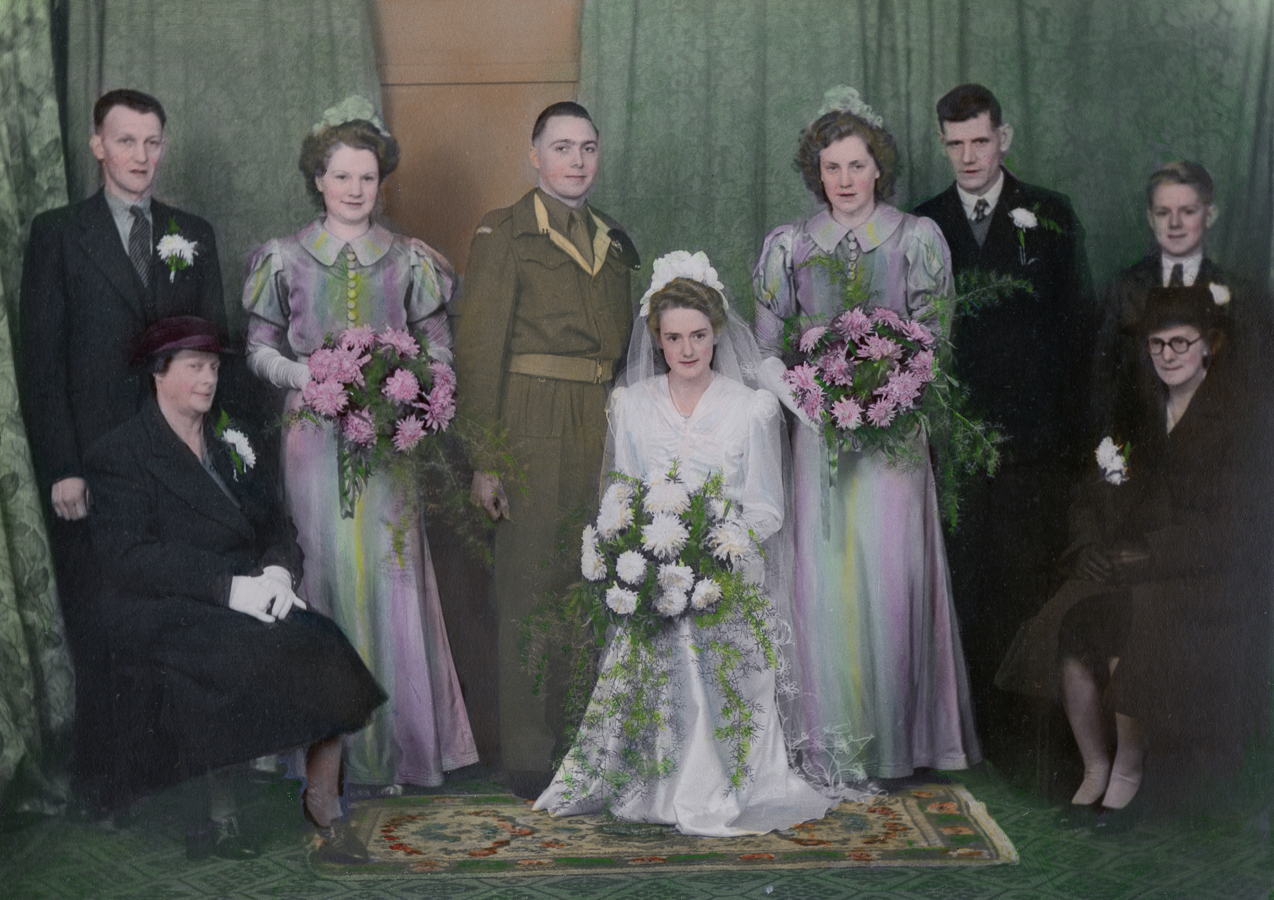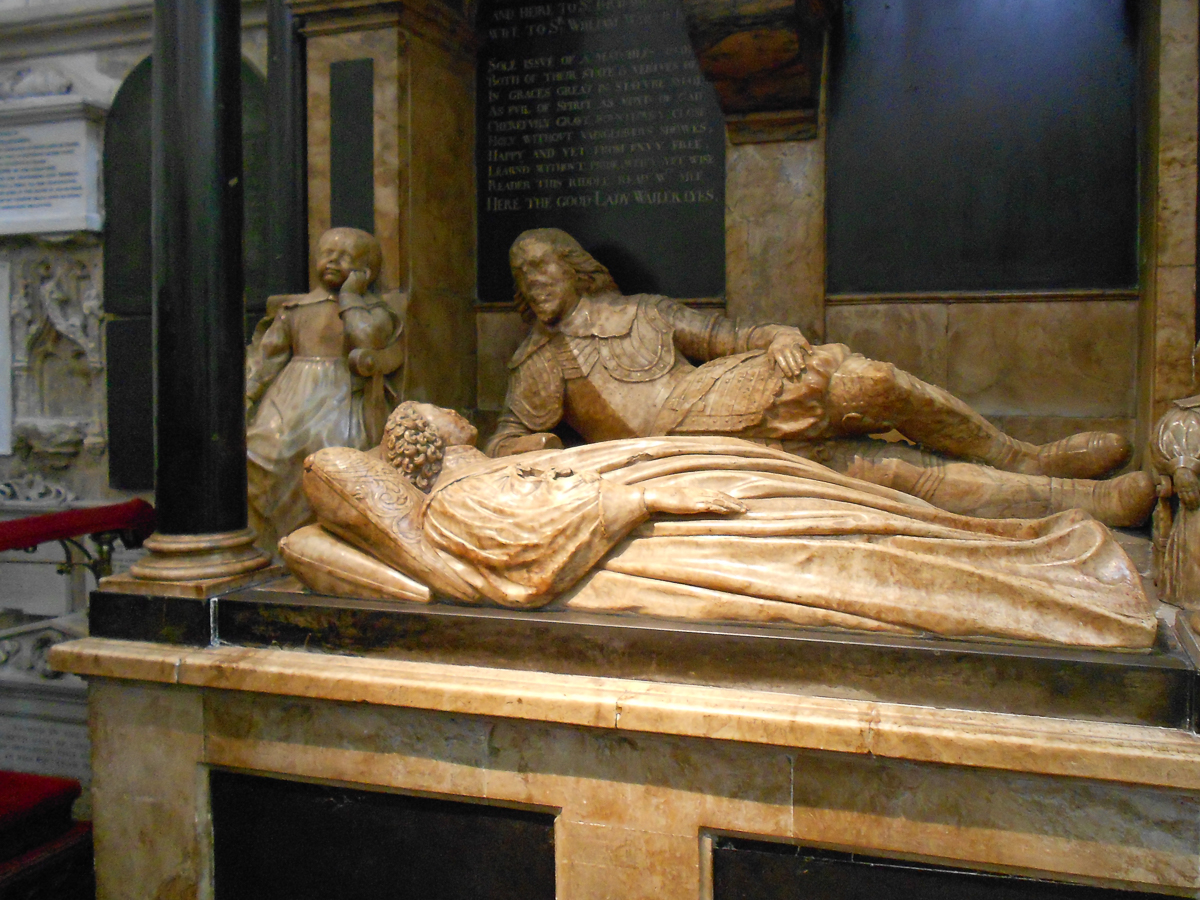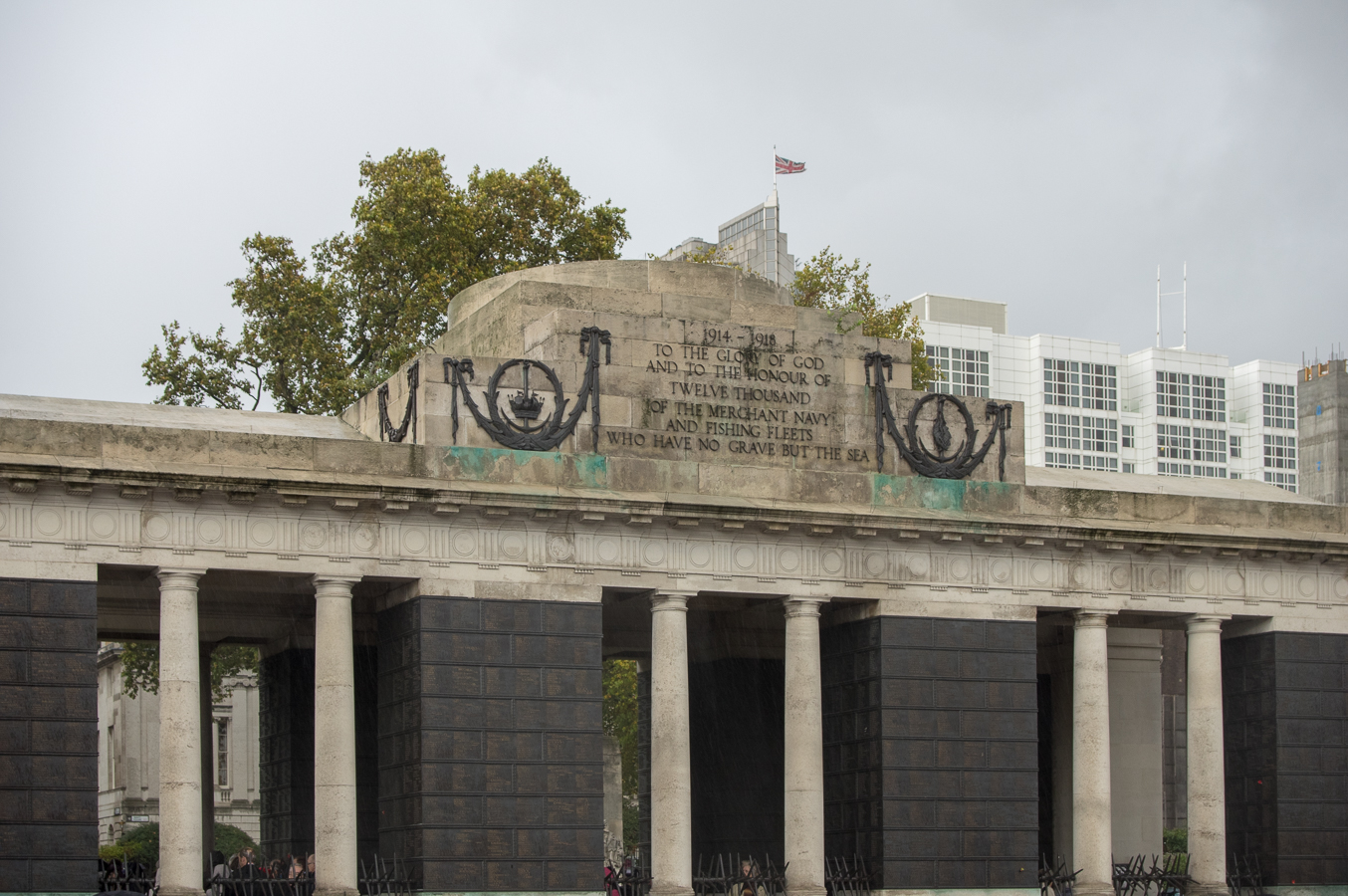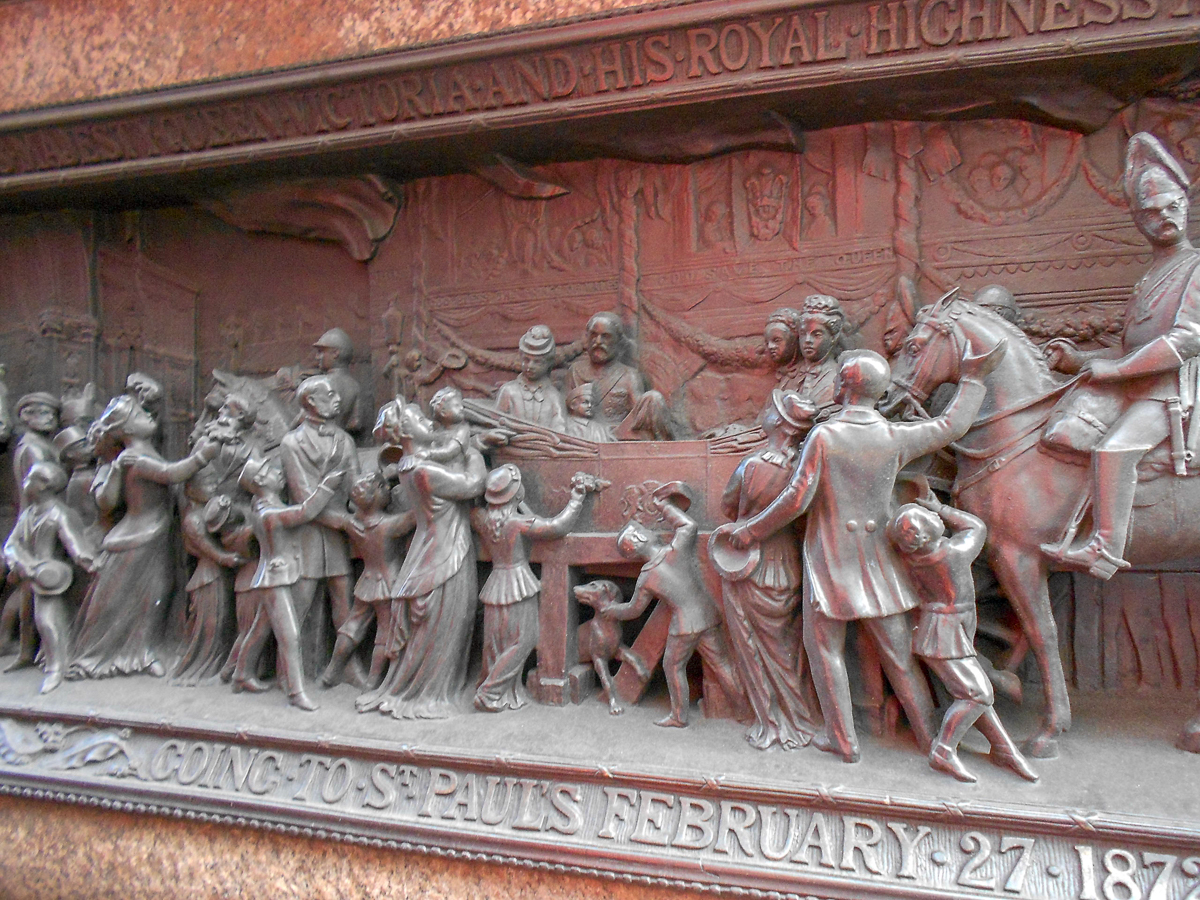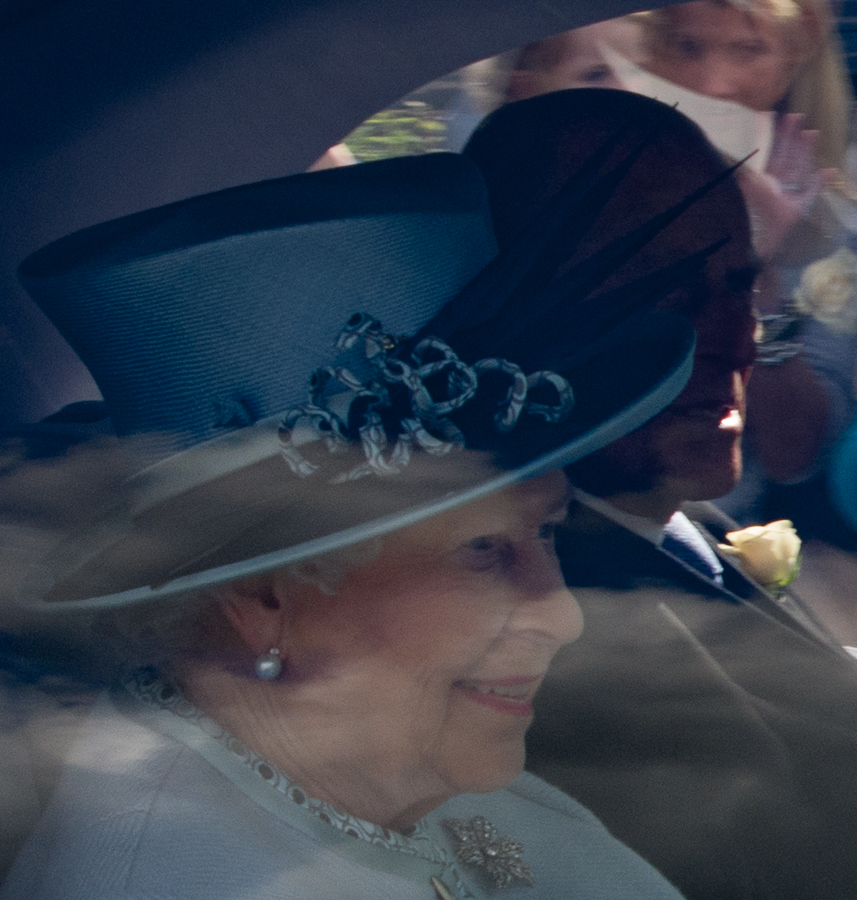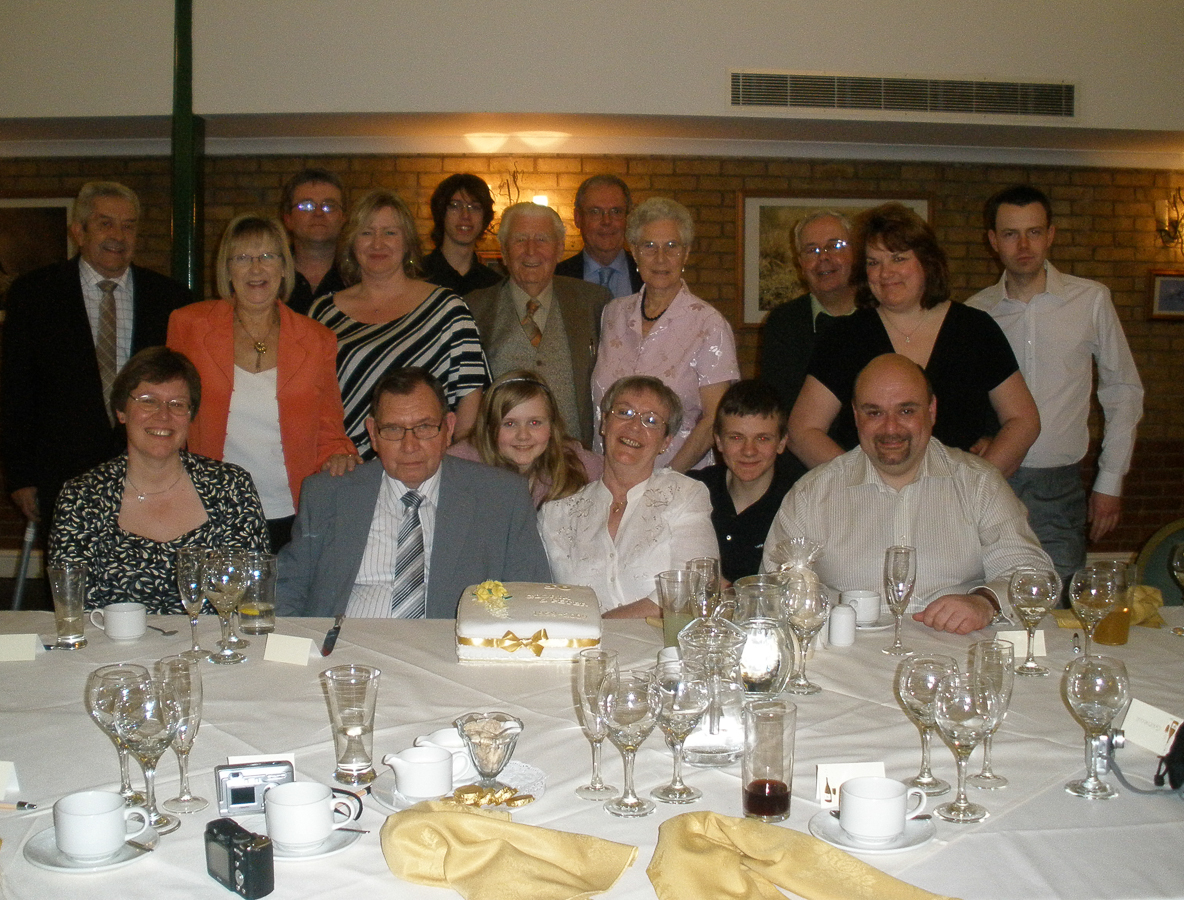The Tolpuddle Martyrs
The Pomeroys of Broadwindsor, it will be of no surprise, lived it the small village of Broadwindsor and the surrounding hundreds and hamlets, in Dorset. It was a rural community not far from the border with Devon. A mere 5 miles in a vaguely South Westerly direction. Today Beaminster is bigger and lies about 2.5 miles East. Dorchester, the county town is only twenty miles away, a 6-7hr walk. Tolpuddle is another rural community, only another six miles East, a days walk in total.
John Pomeroy was born on 31 December 1808 in Broadwindsor, Dorset, his father, George, was 29 and his mother, Frances, was 30. He married Mary Ann Bowditch on 8 September 1830 in his hometown. His father George passed away in December 1831 in Broadwindsor. By 1834 John's family had grown with the birth of a Son and a Daughter.
Also in 1834, just a days walk away, according to the Tolpuddle Martyrs Museum, farm workers in west Dorset formed a trade union. Unions were lawful and growing fast but six leaders of the union were arrested and sentenced to seven years’ transportation for taking an oath of secrecy.
An extract from the museum website.
As the sun rose on 24th February 1834, Dorset farm labourer George Loveless set off to work, saying goodbye to his wife Betsy and their three children. They were not to meet alone again for three years, for as he left his cottage in the rural village of Tolpuddle, the 37-year-old was served with a warrant for his arrest.
Loveless and five fellow workers – his brother James, James Hammett, James Brine, Thomas Standfield and Thomas's son John – were charged with having taken an illegal oath. But their real crime in the eyes of the establishment was to have formed a trade union to protest about their meagre pay of six shillings a week – the equivalent of 30p in today's money and the third wage cut in as many years.
With the bloody French Revolution and the wrecking of the Swing Rebellion fresh in the minds of the British establishment, landowners were determined to stamp out any form of organised protests. So when the local squire and landowner, James Frampton, caught wind of a group of his workers forming a union, he sought to stamp it out.
Workers met either under the sycamore tree in the village or in the upper room of Thomas Standfield's cottage. Members swore of an oath of secrecy – and it was this act that led to the men's arrest and subsequent sentence of seven years' transportation.
In prison, George Loveless scribbled some words: “We raise the watchword, liberty. We will, we will, we will be free!" This rallying call underlined the Martyrs’ determination and has since served to inspire generations of people to fight against injustice and oppression.
It is something of a surprise that someone from a rural background was literate, but that is an aside. It is very imaginable that the deprivations which gave rise to the Tolpuddle Martyrs were also afflicting John Pomeroy and those around him. A wage of 30p a week, which using the Measuring Worth Calculator equates to labour earnings of that income is £249.40 a week (2016), about half of the UK average earnings (2016) and well below the persistent poverty level. Life would have been very difficult as an agricultural labourer, especially with a growing family.
